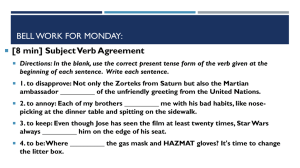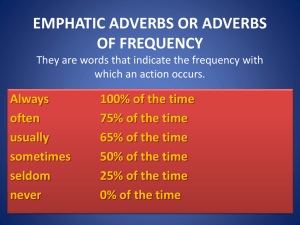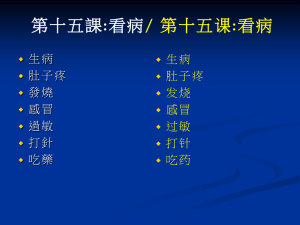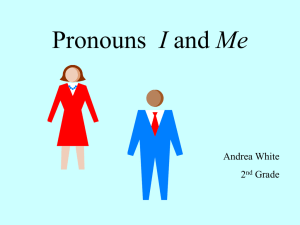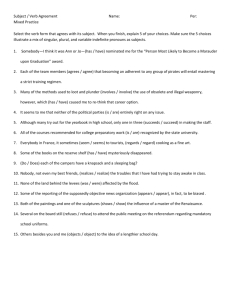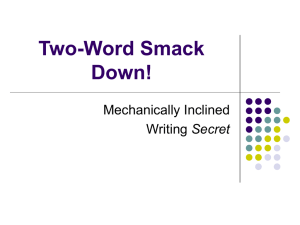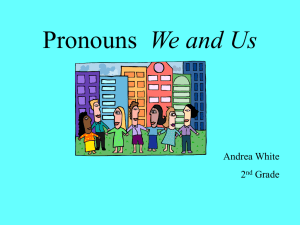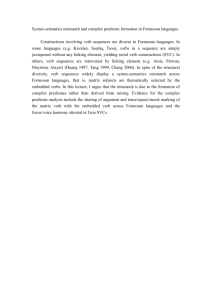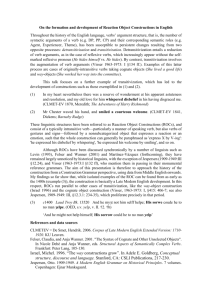Ten Ways to Edit and Enliven Your Writing
advertisement
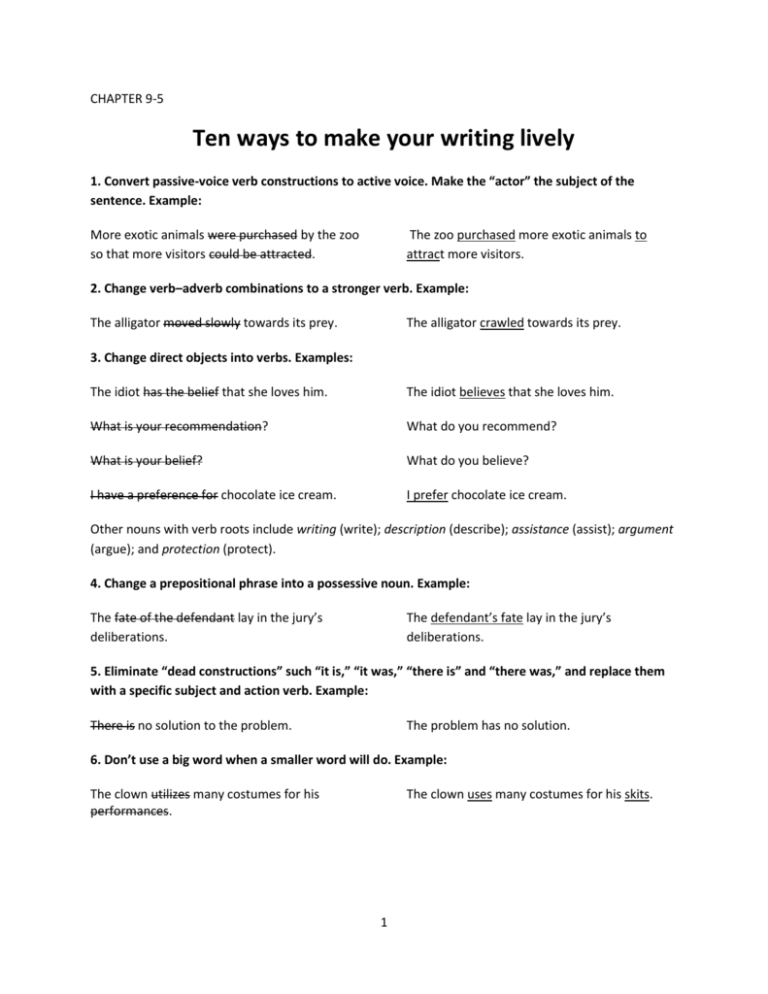
CHAPTER 9-5 Ten ways to make your writing lively 1. Convert passive-voice verb constructions to active voice. Make the “actor” the subject of the sentence. Example: More exotic animals were purchased by the zoo so that more visitors could be attracted. The zoo purchased more exotic animals to attract more visitors. 2. Change verb–adverb combinations to a stronger verb. Example: The alligator moved slowly towards its prey. The alligator crawled towards its prey. 3. Change direct objects into verbs. Examples: The idiot has the belief that she loves him. The idiot believes that she loves him. What is your recommendation? What do you recommend? What is your belief? What do you believe? I have a preference for chocolate ice cream. I prefer chocolate ice cream. Other nouns with verb roots include writing (write); description (describe); assistance (assist); argument (argue); and protection (protect). 4. Change a prepositional phrase into a possessive noun. Example: The fate of the defendant lay in the jury’s deliberations. The defendant’s fate lay in the jury’s deliberations. 5. Eliminate “dead constructions” such “it is,” “it was,” “there is” and “there was,” and replace them with a specific subject and action verb. Example: There is no solution to the problem. The problem has no solution. 6. Don’t use a big word when a smaller word will do. Example: The clown utilizes many costumes for his performances. The clown uses many costumes for his skits. 1 7. Eliminate redundant words and phrases. Example: The ousted CEO sees no other alternatives at this point in time. The ousted CEO sees no alternatives now. 8. Eliminate adverbs that contribute little to the sentence, especially “intensifiers” such as really, truly, very, etc. Example: Do you expect me to believe that your very ridiculous claim is really true? 9. Don’t announce that you’re stating a fact; just state it. Example: Yes, I do because the fact of the matter is that I have proof. 10. Eliminate helping verbs such as “have,” “had,” “would” and “could” whenever possible. This means changing perfect and conditional tenses into simple past, present or future tense. Example: The singer would have liked to have had more bookings this fall. The singer wishes he had more bookings this fall. 2

